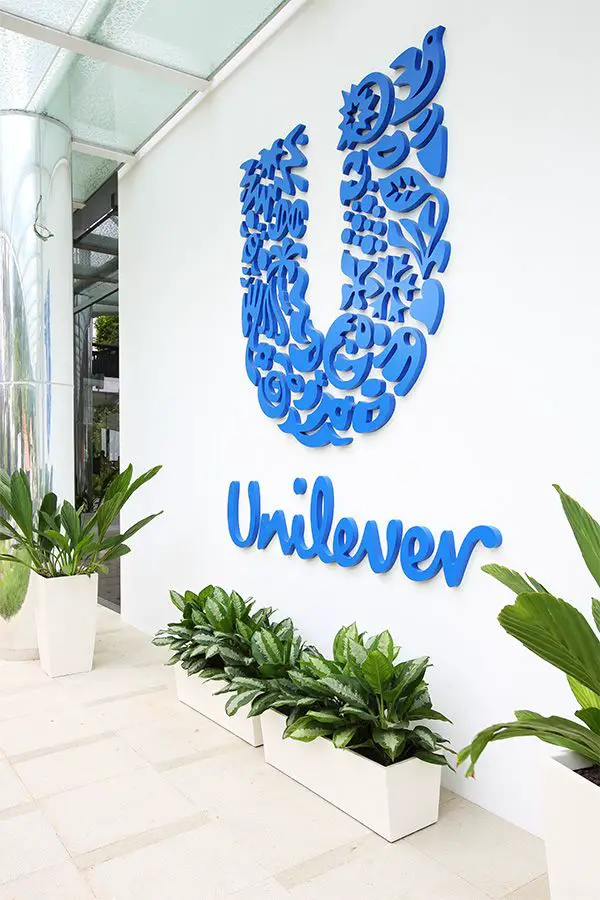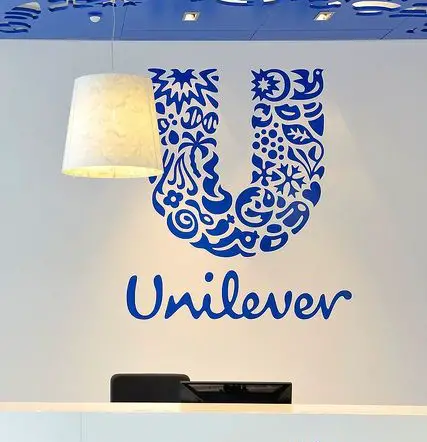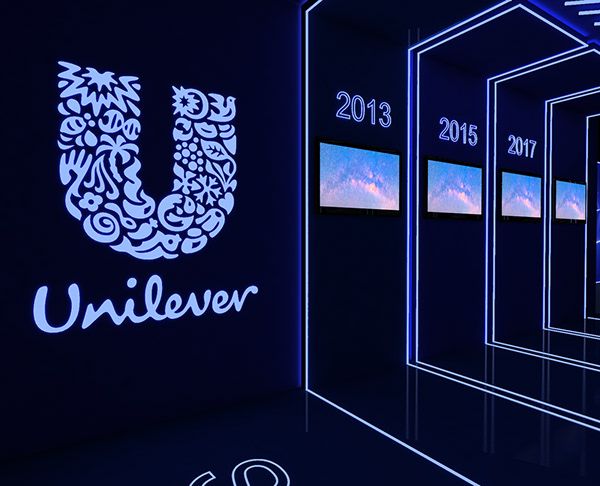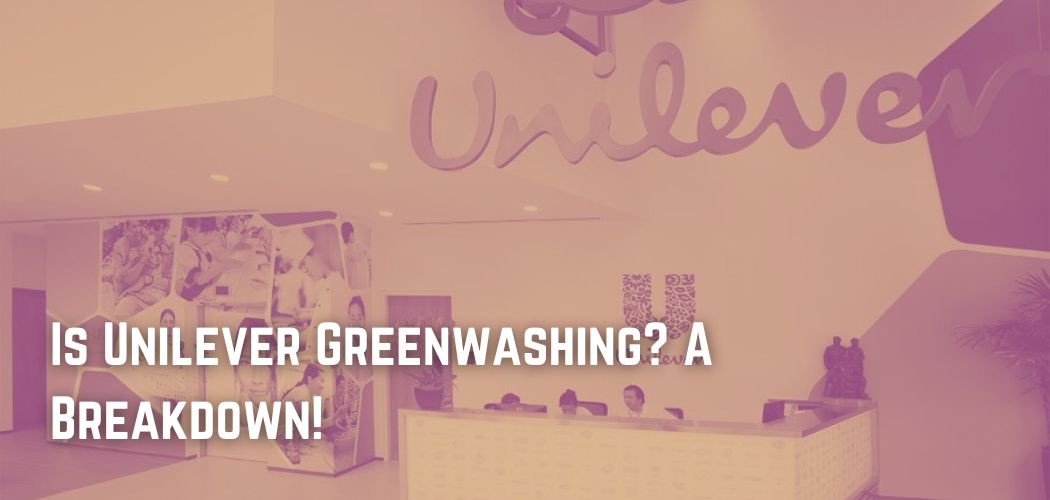Unilever is one of the world’s largest and most influential brand companies. With more than 400 brands in its portfolio, Unilever’s manufacturing spans the globe and a wide variety of markets; we will focus on beauty and personal care.
Through brands like Dove and Love Beauty and Planet, Unilever can filter and spread carefully crafted core messages that show how committed it is to being sustainable, taking care of the environment, and being socially responsible.
Unilever is an avid supporter of palm oil, which is used in a variety of personal care and food items. The palm oil industry has led to a wide range of human rights and environmental violations, such as deforestation and low salaries for laborers.
Unilever has avoided criticism for its strong ties to the palm oil industry, especially in Indonesia and Malaysia, by creating the “Roundtable on Sustainable Palm Oil (RSPO),” where all stakeholders have an equal voice and every decision must be made by consensus.
The RSPO helps Unilever promote the use of palm oil that is grown in a sustainable way. However, Amnesty International found and wrote in a 2016 report that “the RSPO label is not a guarantee but a shield that deflects greater inspection.”
When you purchase products from Love Beauty and Planet, you indirectly support a corporate conglomerate that promotes this and other harmful industries.

Individual goods may not be guilty, but you should be aware of whether the brand you’re purchasing from is owned by a parent brand and investigate the environmental and sustainability practices of the parent brand.
The use of buzzwords is another component of the “greenwashing” arsenal. Products that are good for the environment, biodegradable, and renewable are not overseen by any agency or set of rules.
Most of the regulatory work to warn and educate people about corporate greenwashing traps they might fall into is done by groups like Greenpeace.
These improvised methods shine a light on some of the dark places where companies try to hide their past mistakes or unethical business practices.
Eco-Friendly Or Not?
According to research, claims by major corporations such as Coca-Cola and Unilever that their plastic packaging is environmentally friendly are deceptive greenwashing.
The Changing Markets Foundation says that one of the most common types of “greenwashing” is when companies say they are catching and reusing “ocean-bound” or “recyclable” plastic to fight the plastic pollution crisis.
Their analysis shows that the claims made about how the products solve the problem of plastic pollution are not backed up by enough evidence. People say that this is done to hide the real effects of plastic from people.

The campaign manager at Changing Markets Foundations said, “Our most recent analysis shows that many well-known brands make false promises that customers should be able to trust.”
It is of the utmost importance that authorities take this matter seriously, as this is only the tip of the iceberg.
On the one hand, the industry likes to brag about how green it is, but on the other hand, it keeps making the plastic problem worse. “We are letting the world know about greenwashing so that they can see that voluntary actions have led to a market full of false claims.”
Additionally, Unilever intends to reuse and recycle more packaging. For example, Unilever cut down on its packaging costs and its impact on the environment by working with Sonoco Global Plastics to change the way its Suave shampoo and conditioner brands were packaged.
The new packaging made the bottles stronger overall and cut by 16% the amount of resin needed to make them.
Is It Sustainable?
One of the primary objectives of Unilever, whose global brands include Omo, Dove, Lipton, and Knorr, is to reduce by half the water use, greenhouse gas emissions, and waste generated by the company’s direct activities as well as those of its customers and suppliers.
More than two-thirds of greenhouse gas emissions and half of the water used to make Unilever products are caused by how people use them.
Since the company’s products are used 2 billion times every day in practically every country on earth, Polman asserted that all of its consumers’ tiny activities will add up to make a significant difference.

Also, the company plans to use more than twice as much renewable energy as it does now so that by 2020, 40 percent of all the energy it needs will come from renewable sources.
This is the first step the company is taking toward its long-term goal of using only renewable energy.
They think that its global logistics network’s CO2 emissions will be the same or less than they were in 2010, even though volumes will be much higher. This would be a 40% improvement in CO2 efficiency.
This will be done by taking a number of steps, such as reducing the number of truck miles, using cars with lower emissions, using other forms of transportation, like rail or ship, and making its warehouses use less energy.
Unilever also wants to take steps to reduce the amount of water used in farming, laundry, and skin and hair care.
Unilever also thinks that by 2020, the amount of waste sent to landfills will be the same or less than what it was in 2008. This would be a decrease of 80% per tonne of production and a decrease of 70% since 1995.
Unilever said that all new plants will be built and designed so that they make less than half as much waste as existing plants.
Conclusion
Unilever, based on the information given above, is somewhat “greenwashing” its consumers.
By 2015, Unilever wants to source all of its agricultural raw materials, including palm oil, in a sustainable way. They also want to give half a billion people access to clean water.
They will also start selling their water purifiers outside of India. They will do this by working with various alliances to connect over 500,000 small-scale distributors and smallholder farmers. This will help people in developing countries make a living.

